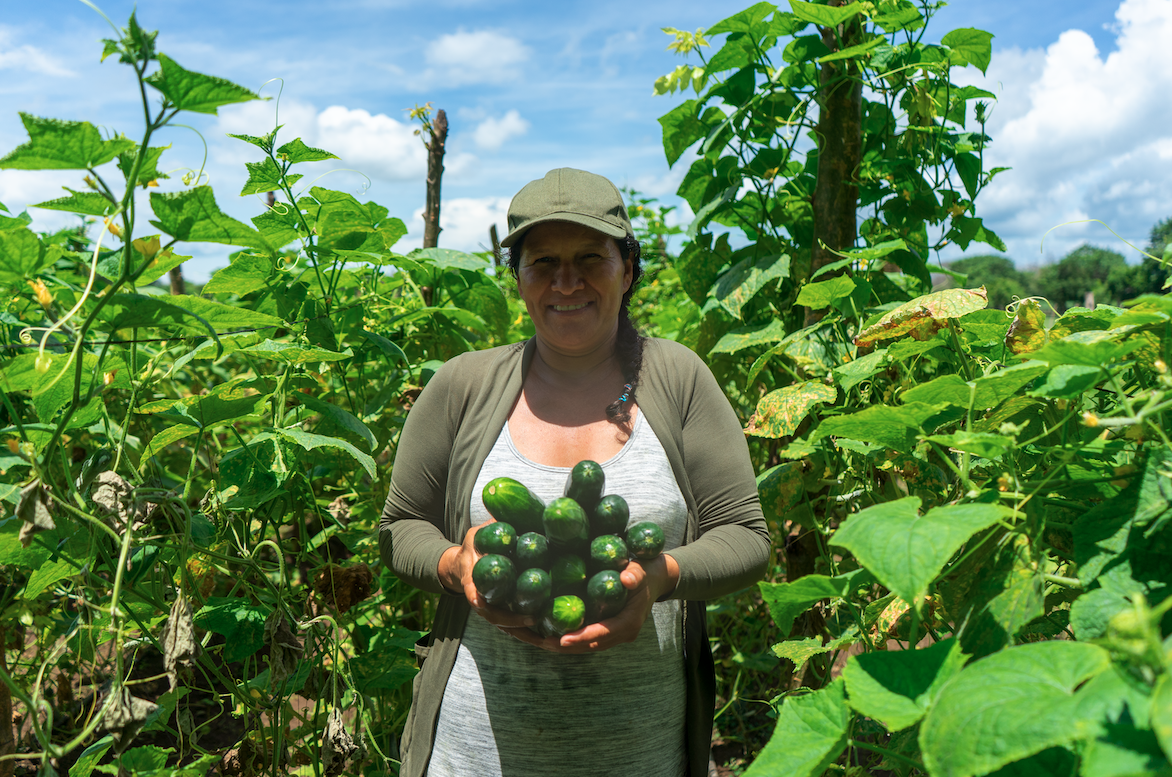
In the year of COP 30, the issue of climate change will be at the centre of attention. One of the key points that will be debated is the relationship between climate change and the production, distribution and consumption of food, known as food systems. COP 30 is the United Nations Conference on Climate Change and will take place in Belém (PA) in November 2025.
‘There is an interrelationship between this trail that goes from food production to food consumption, the food systems, and climate change, one impacting the other,’ says Eliene Sousa, nutritionist and member of the WFP Centre of Excellence against Hunger’s Projects team in Brazil.
She explains that food systems also include issues such as agricultural policies, traditional and cultural practices, economic aspects and the infrastructure needed to ensure that food reaches populations in an adequate and safe manner. It also has a direct connection to issues of public health, food security and social justice. ‘In other words, it encompasses everything from the question of the right to access to land and goes beyond the consumption of food to the management of packaging waste and the very products we consume.’
COP 28, held in the United Arab Emirates in 2023, was the event that highlighted the link between climate change and food systems. ‘We know that many countries have degraded the land, devastated forests to produce food and livestock, degraded rivers because of sewage run-off and waste that reaches the oceans. So, there is a symbiosis between food systems as a whole and climate change, one impacting the other,’ Eliene emphasises.
For her, there are three issues to watch out for. Firstly, the extensive production of food, which degrades the land and takes away from family farmers and traditional peoples who make conscious use of the land. Secondly, production models that use more and more agrochemicals that contaminate rivers, oceans and the land itself. And thirdly, the issue of consumption, which includes ultra-processed foods. ‘It sounds cliché, but we really need to unpack less and peel more, because ultra-processed food is a non-food,’ she warns.




